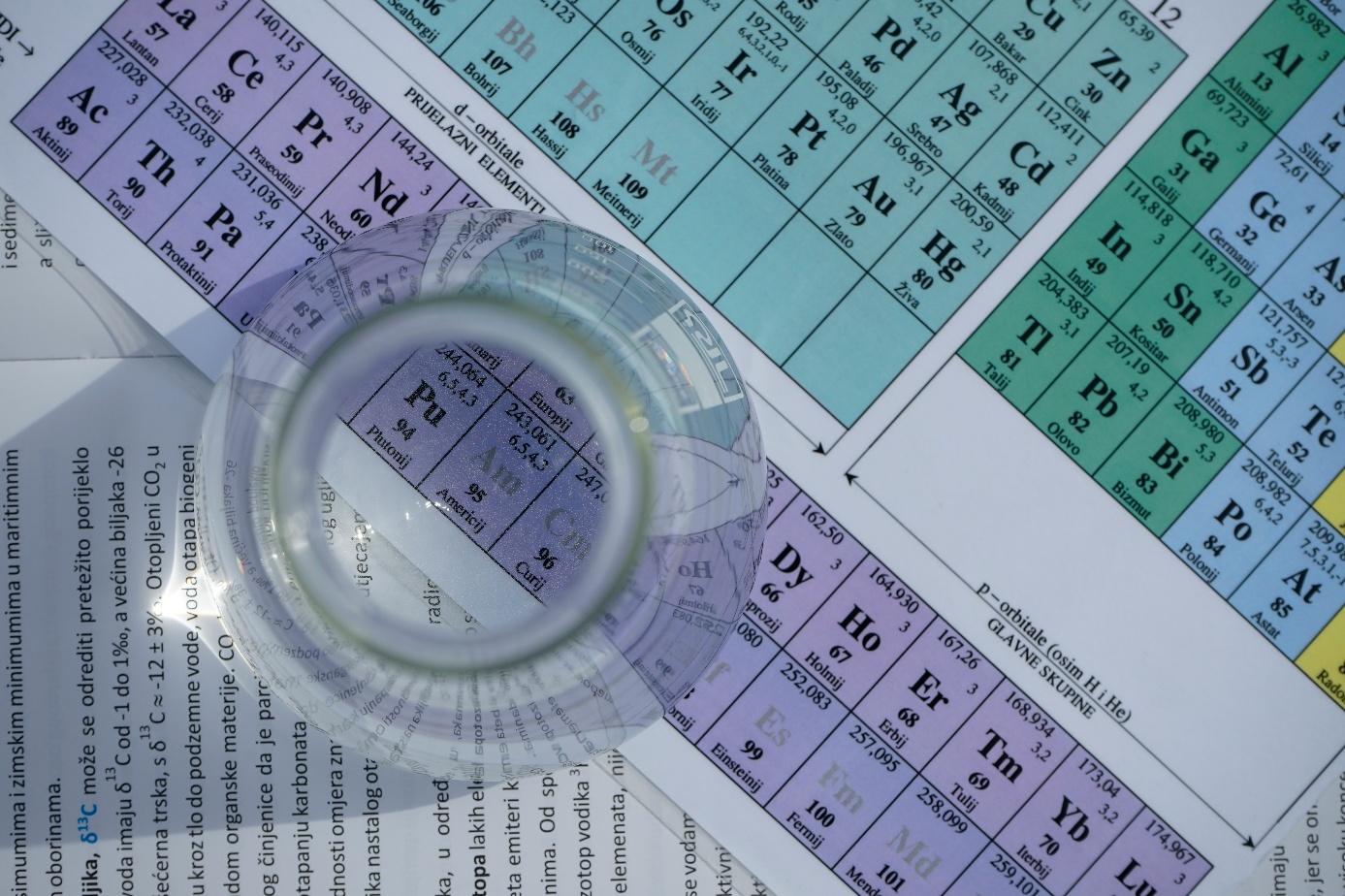Deze blog gaat verder in het Engels.
Withdrawal of the EU Green Claims Directive?
Last month, important news came out regarding the proposal for a Green Claims Directive (GCD). The proposed GCD aims to regulate sustainability claims in the EU. Among other things, it would require third-party verification of sustainability claims before any such claims are made. Just before the start of the trialogue negotiations on the GCD, a Commission spokesperson announced the withdrawal of the Green Claims Directive (GCD) proposal. Other sources later challenged this announcement, leaving the political fate of the GCD proposal uncertain.
Regardless of the political fate of the GCD, existing EU rules on sustainability claims still apply. From 27 September 2026, organisations must also comply with stricter anti-greenwashing standards under the Empowering Consumers for the Green Transition Directive. These existing and new rules will be discussed below.
Existing EU anti-greenwashing rules
Business-to-consumer communications are currently regulated by the Unfair Commercial Practices Directive (UCPD). The UCPD aims to prevent unfair commercial practices towards consumers, including misleading statements. In short, a statement is misleading if it is likely to materially distort the economic behaviour of the average consumer regarding a product or service, and is likely to cause a different economic decision. Statements that are factually correct can still be misleading, for instance if they omit material information or if they contain overly vague and general language. In addition to the UCPD, organisations should adhere to sector-specific legislation on B2C communications and labels, such as relating to buildings, cars, or organic products.
The UCPD’s rules for sustainability claims are specified in the European Commission’s Guidance on the UCPD. Sustainability claims are defined as statements in commercial communication, marketing or advertising, which create the impression that a good or service has a positive or reduced sustainability impact. This includes green imagery, overall presentation, and omitted information. In short, sustainability claims must be correct, clear, and evidence-based. Greenwashing occurs if a good or service is presented as more sustainable than it actually is, for instance due to vague or generic sustainability statements. Additionally, national supervisors such as Dutch supervisors AFM and ACM have issued useful guidelines for financial institutions and corporates on making green statements.
Litigation and supervision
Across Europe, various greenwashing cases based on the UCPD have been brought at national courts over the past years. Sustainability statements were often found misleading, with courts finding that sustainability information is important to the average consumer and therefore likely to materially influence their purchasing decisions. A common pitfall is that commercial statements relating to sustainability are formulated too vaguely and generically, without sufficient context on the overall sustainability impact of the product or company. Under Dutch civil law, a breach of the UCPD can entitle consumers to seek a declaration for law, claim any monetary damages, or attempt to nullify the contract.
Next to civil litigation, national supervisors regularly take enforcement action on greenwashing. Dutch supervisor ACM is particularly active, usually engaging in a ‘normative conversation’ with organisations on potentially misleading sustainability statements and subsequently publishing a press release announcing the removal of certain sustainability claims.
Why additional rules?
Despite the current anti-greenwashing framework and ongoing greenwashing litigation and supervision, a 2020 study by the Commission found that 53.3% of environmental claims investigated in the EU were vague, misleading or unfound, and 40% of the claims were insufficiently substantiated. This is considered to create an uneven playing field in the EU to the detriment of truly sustainable companies. It would also hinder consumers to make sustainable choices. The EU intends to change this with the Empowering Consumers for the Green Transition Directive (ECGT), which will amend the UCPD. It will apply in EU Member States from 27 September 2026. We discuss three key rules of the ECGT.
ECGT: generic sustainability statements
Firstly, the ECGT regulates generic sustainability statements, which are defined as statements that are not specified in clear and prominent terms on the same medium. Examples include: ‘Environmentally friendly’, ‘climate friendly, ‘gentle on the environment’, ‘energy efficient’, ‘biodegradable’, and ‘biobased’. Such statements will always qualify as misleading, except if the trader holds an EU-recognised ecolabel for the relevant product or service.
ECGT: claims on future environmental performance
Secondly, claims relating to future environmental performance must meet the following criteria:
It contains clear, objective, publicly available, and verifiable commitments, set out in a detailed and realistic implementation plan;
The plan includes measurable and time-bound targets and other relevant elements necessary to support its implementation, such as allocation of resources;
The plan is regularly verified by an independent third-party expert, whose findings are made available to consumers.
ECGT: blacklist of sustainability statements
Thirdly, the ECGT introduces a ‘blacklist’ of communications that always qualify as misleading. These include:
Using a sustainability label that is not based on a transparent third-party certification scheme or not established by public authorities.
Making an environmental claim about the entire product or the company’s entire business, while in fact it concerns only a certain aspect of the product or a specific activity of the company’s business.
Based on the offsetting of greenhouse gas emissions, claiming that a product has a neutral, reduced or positive impact on the environment in terms of greenhouse gas emissions.
Presenting requirements imposed by law as a distinctive feature of the company’s offer.
What it means for you
As of 27 September 2026, B2C communications must meet stricter anti-greenwashing rules. Non-compliance exposes the organisation to litigation and supervisory enforcement risks, with potentially significant reputational impacts.
To ensure compliance, organisations should review existing communications on all media, including websites, social media, billboards, in writing, and audiovisual commercials.
Organisations may need to revise their communication policies, and provide training to relevant personnel involved in communications.
Companies should monitor the proposal for a Green Claims Directive, which could further regulate sustainability claims. If formally revoked, the other greenwashing regulations remain in place and must be complied with.
Bron: NautaDutilh
Over de auteurs
Gerelateerd nieuws

Algoritmeregistratie in Nederland moet beter
Data & Privacy

Knabbelen aan kinderrechten?
Zorg & Sociaal

Van sluiting naar startschot: hoe regio’s de toekomst van de chemie kunnen veiligstellen
Klimaat

Ecosysteem is minstens zo belangrijk als woning
Omgeving




